Currently, many patients have the need for organ transplants and register for organ transplants at 108 Military Central Hospital in particular and hospitals across the country in general.
Ms. HTT (45 years old, An Giang) has just donated part of her liver to patient L.D.A (62 years old, Thuong Tin). The patient who received the liver is Ms. T's husband's brother.
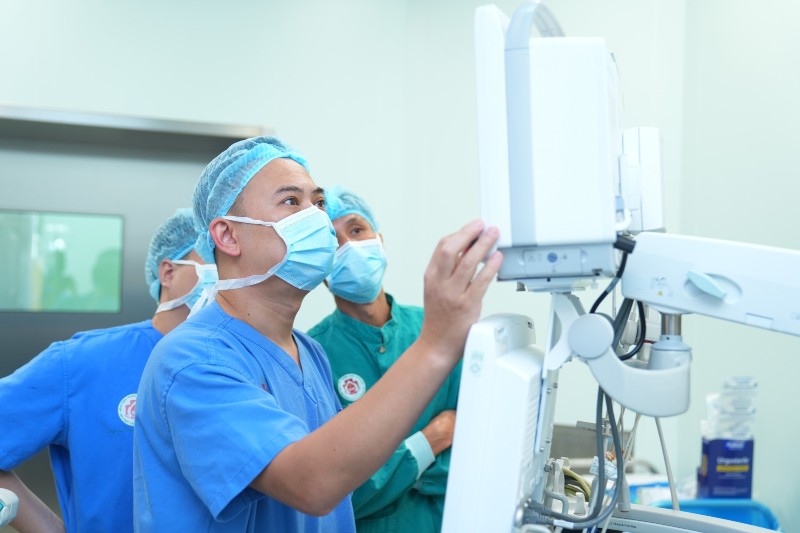 |
| Doctors of 108 Military Central Hospital in a liver transplant surgery for a patient |
Patient L.D.A has a history of hepatitis B for 10 years. In March 2024, the patient went for a health check-up and was accidentally diagnosed with cirrhosis and suspected liver tumor at the district hospital.
The patient was diagnosed with multifocal liver tumors and followed up with hepatocellular carcinoma on the background of chronic hepatitis B. In April 2024, the patient underwent TACE (arterial embolization) of the largest mass at 108 Military Central Hospital.
Dr. Vu Van Quang, Deputy Head of the Department of Hepatobiliary - Pancreatic Surgery, 108 Central Military Hospital, said that the patient's condition was liver cancer within the Milan criteria, so the transplant was optimal.
In the family of patient D.A, only patient T. (sister-in-law) had a liver volume after donating the right liver that was assessed as sufficient for the recipient and the remaining left liver part ensured function for the donor.
Recalling the moment she decided to donate her liver to her husband's brother, Ms. T. shared, "After hearing the doctor's announcement about his condition and the optimal treatment method, everyone in our family volunteered to donate their liver to him, from children to siblings."
However, after all family members were screened, only I was a match in terms of blood type and immunity. At that time, I did not know what to do to support and help him. And out of pity for him, I decided to donate my liver to him.
At the end of June 2024, doctors at 108 Military Central Hospital performed a liver transplant for patient D.A from Ms. T. The transplant went smoothly.
According to research around the world as well as experience from over 200 liver transplant surgeries from living donors at 108 Central Military Hospital, the donor is safe, has a low rate of complications and is completely healthy after discharge from the hospital.
After the transplant, the recipient and the liver donor were given special care. The liver donor was discharged from the hospital 7 days after the transplant. Ms. T. returned to normal activities, her liver function reached normal levels, and the remaining left liver volume after the transplant increased by 100%.
Currently, the recipient's overall health is stable, liver function is good, he has a good appetite and can walk normally.
Currently, many patients have the need for organ transplants and register for organ transplants at 108 Military Central Hospital in particular and hospitals across the country in general.
However, the demand for organ transplants is high but the source of organ donations is extremely low, so the list of patients waiting for transplants is getting longer and longer.
To continue to increase the source of organ and tissue donations, helping to save many patients, the participation of the whole community and society is needed. The story of Ms. HTT donating her liver to her husband's brother is not only a vivid example of family love and compassion, but also a noble act of organ donation to save lives.
Regarding organ donation and transplantation in Vietnam, according to data from the National Coordination Center for Human Organ Transplantation, in 2023, the number of people receiving organ transplants in Vietnam will be 1,000, making it the country with the most organ transplant recipients in Southeast Asia.
However, the majority of transplant recipients received organs from living donors, while only 12 received organs from brain-dead donors.
Associate Professor, Dr. Dong Van He, Deputy Director of Viet Duc Friendship Hospital, Director of the National Coordination Center for Human Organ Transplantation, said that the rate of organ donation from brain-dead people in Vietnam is only 0.15 people per 1 million people, ranking 38th in the world, while the rate in the world is 50 people per 1 million people. This shows that the number of people donating organs when brain-dead in Vietnam is very low.
The need for organ transplants is very high, but due to the lack of organs from brain-dead donors, organs must be taken from living donors. However, we still want more organs from brain-dead or heart-dead people, because a brain-dead or heart-dead person can donate 8 organs (2 kidneys, 2 livers, 2 lungs, heart, pancreas; in addition, corneas...).
Living people can only transplant one organ, and some organs, such as the heart, can never be harvested; besides, there are health risks for the donor after organ donation.
According to Associate Professor Nguyen Thi Kim Tien, President of the Vietnam Association for Organ and Tissue Donation, the main difficulty in registering for organ donation is still the people's perception that they must die with their bodies intact, and they are afraid of touching the bodies of their loved ones after death; they are afraid of affecting their families; and they do not see organ donation as a culture, responsibility, or compassion for the community.
In communication activities, spreading the message that giving is forever, agencies need to identify target audiences to have different communication methods. “Communication should not only focus on reporting on successful organ transplants,” Ms. Tien shared.
Besides, people still have difficulty in registering for organ donation, simple and accessible instructions are needed for people.
Current legal regulations also need to be adjusted to increase the opportunity for organ donation after brain death, such as conditions for organ donation after death; age of organ donation (currently over 18 years old), regime for organ donors and their families; financial mechanism for costs and payments for donation, transplantation and post-transplantation.
According to Ms. Tien, the legal regulations of some countries in the world do not have procedures for registering for organ donation, but follow the principle of inference as a matter of course.
After brain death, organ donation is with the family's consent (some countries do not require family consent); the driver's license has a symbol indicating consent to organ donation after death.
Families can only apply for non-donation for special reasons. The condition for organ donation is over 13 years old; the regulation applies to both brain-dead and heart-dead people. In particular, in the US, death row inmates and prisoners are allowed to register to donate organs after death to increase the source of organs.
Source: https://baodautu.vn/hoi-sinh-nho-mot-phan-la-gan-hien-tu-nguoi-than-d220244.html



![[Photo] "Beauties" participate in the parade rehearsal at Bien Hoa airport](https://vstatic.vietnam.vn/vietnam/resource/IMAGE/2025/4/11/155502af3384431e918de0e2e585d13a)
![[Photo] Looking back at the impressive moments of the Vietnamese rescue team in Myanmar](https://vstatic.vietnam.vn/vietnam/resource/IMAGE/2025/4/11/5623ca902a934e19b604c718265249d0)



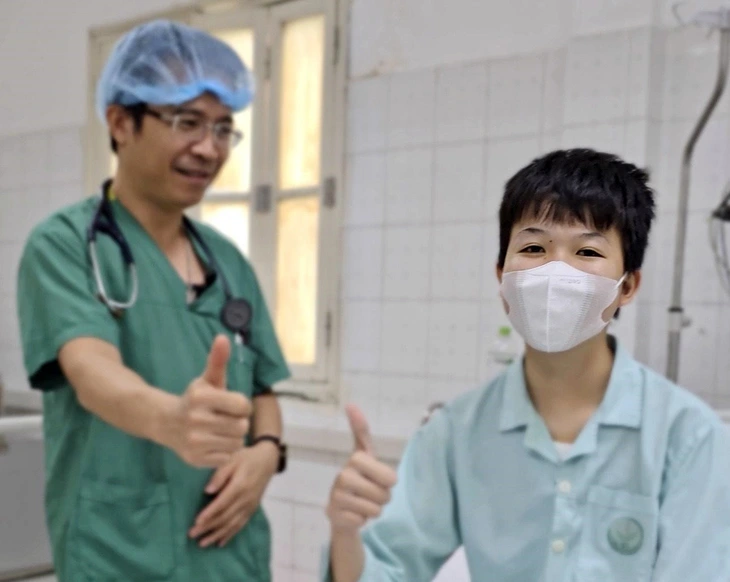



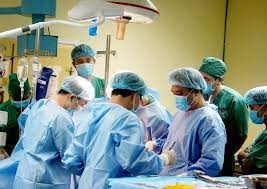

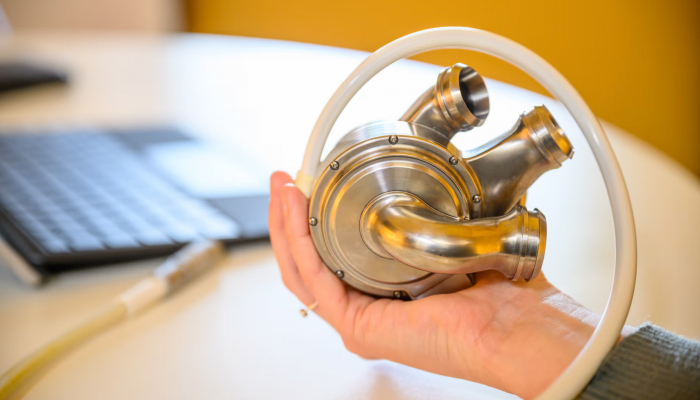

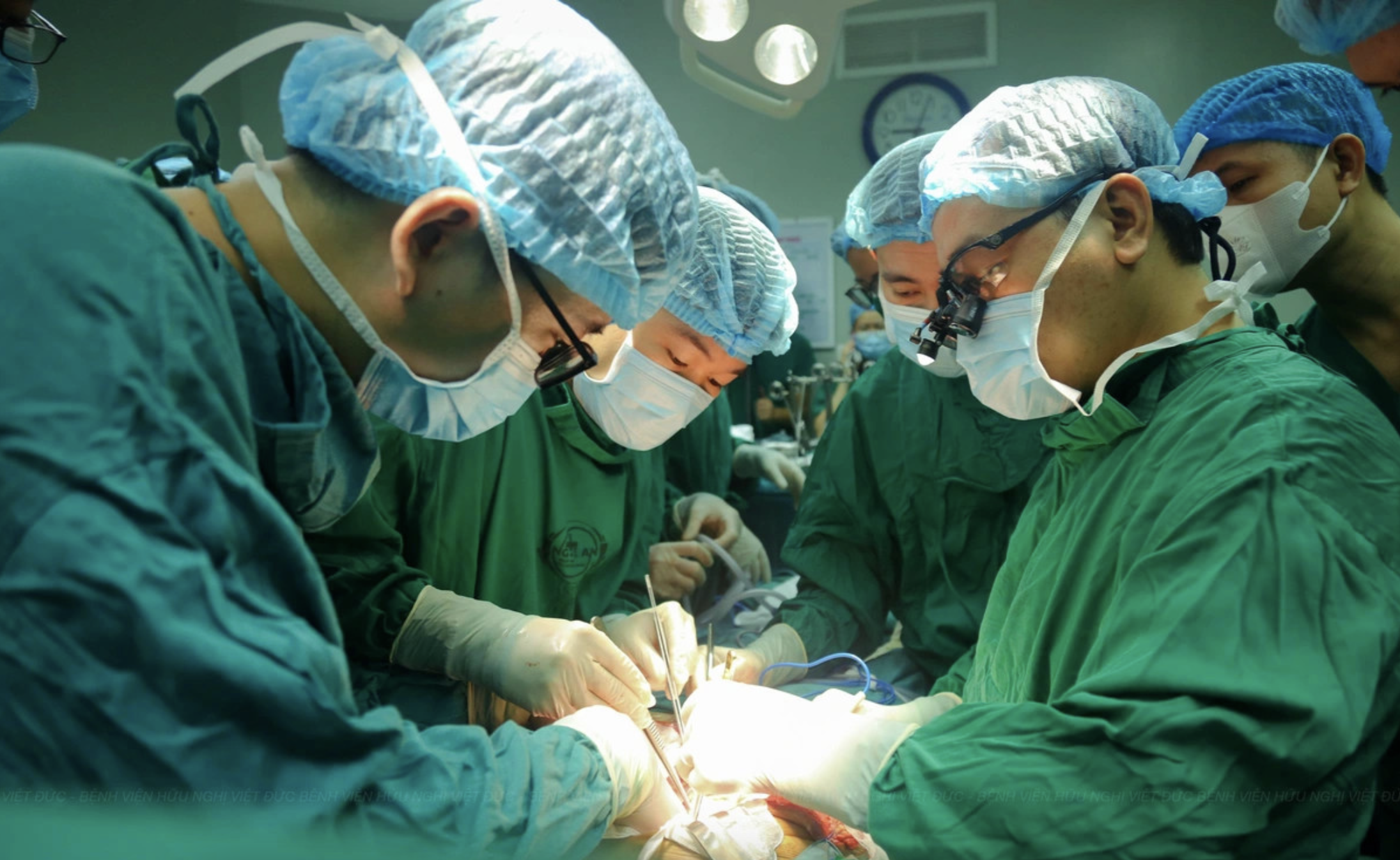





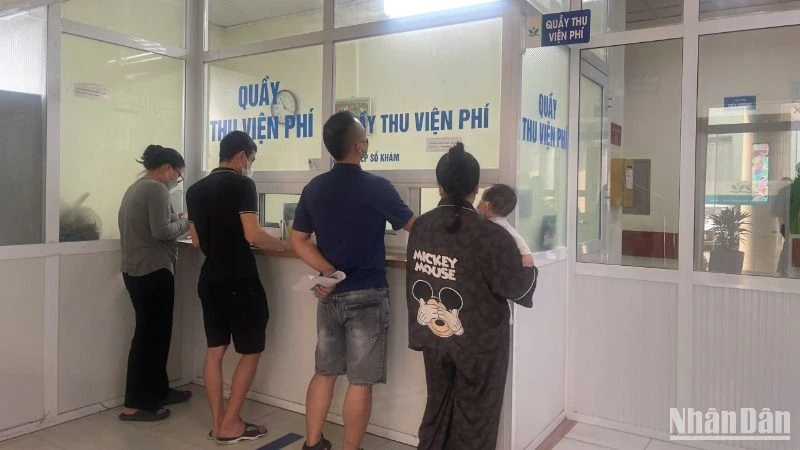
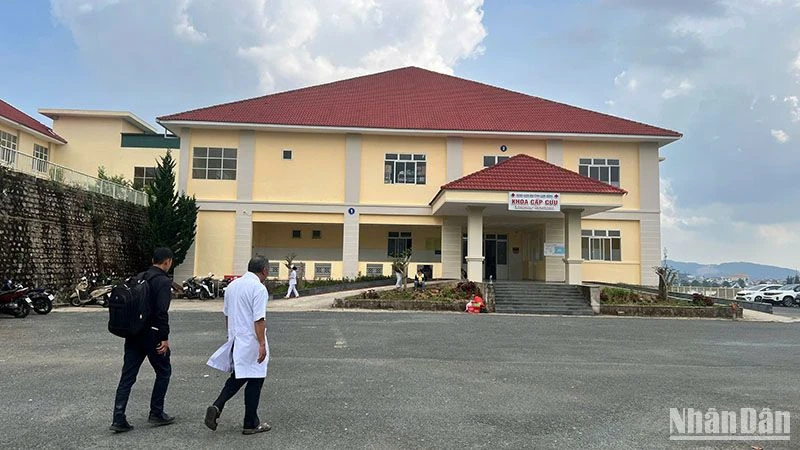
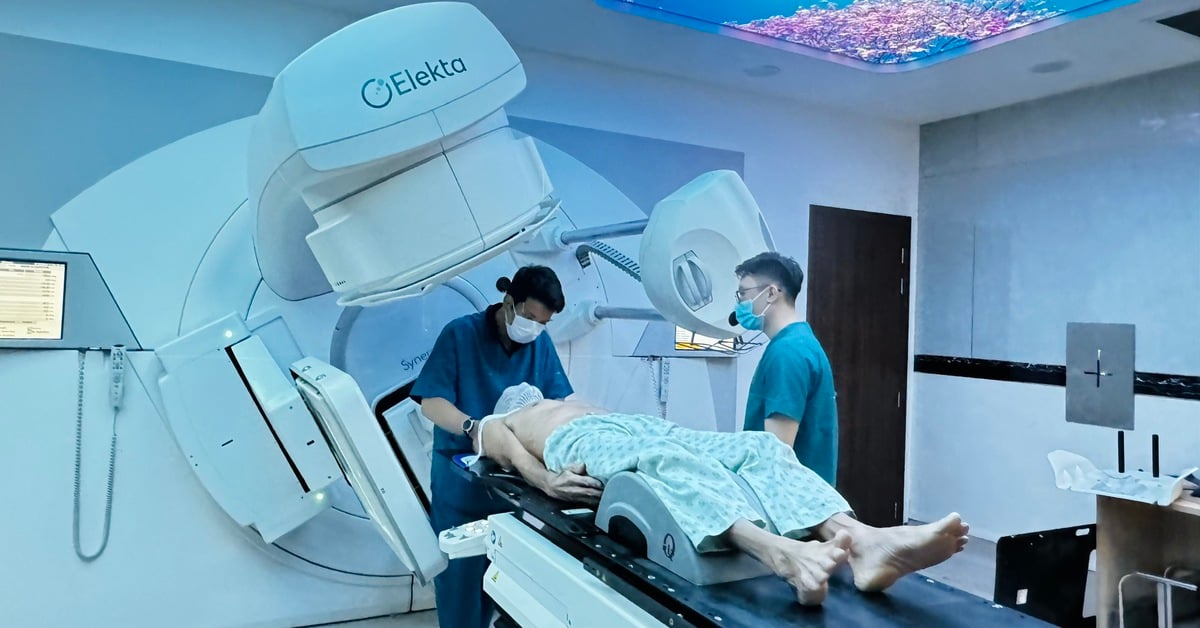










![[Photo] Summary of parade practice in preparation for the April 30th celebration](https://vstatic.vietnam.vn/vietnam/resource/IMAGE/2025/4/11/78cfee0f2cc045b387ff1a4362b5950f)












































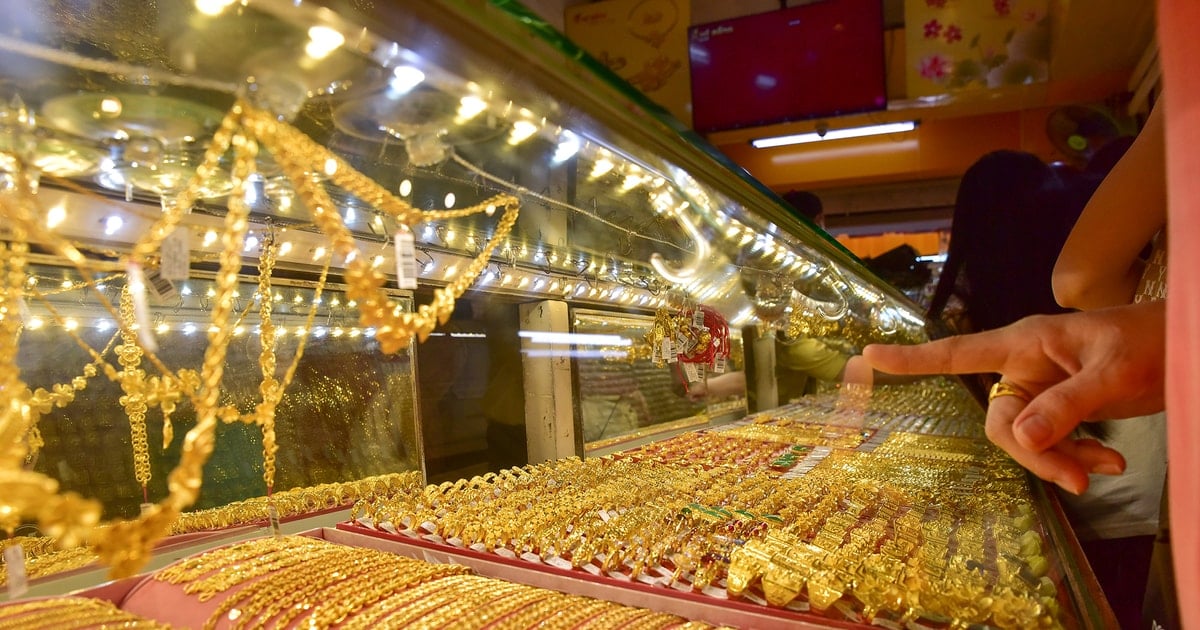













Comment (0)